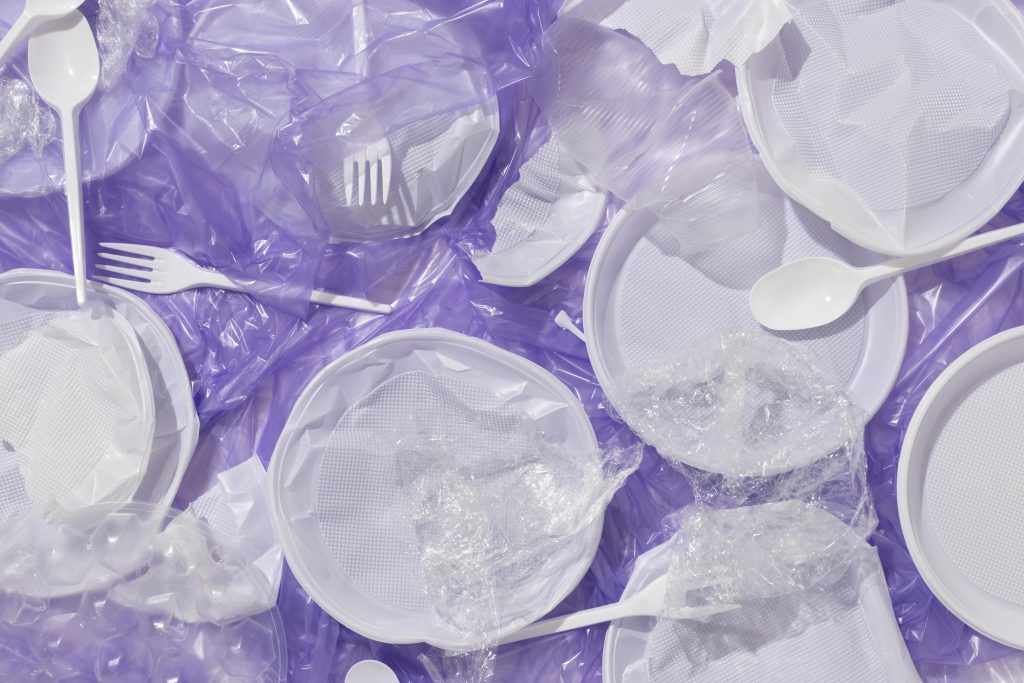
A New Regulation to Reduce the Environmental Impact of Packaging
The Packaging and Packaging Waste Regulation (PPWR), approved on March 4, 2024, aims to reduce the environmental impact of packaging and its waste within the European Union. This regulation encourages companies to adopt more environmentally friendly practices, focusing on better packaging management.
The primary goal of the PPWR is to limit plastic pollution while promoting a circular economy. It proposes ambitious measures to improve the recyclability of materials used, reduce single-use plastics, and integrate more sustainable materials. This comprehensive approach significantly lowers the environmental impact across the entire lifecycle of packaging.
Key Pillars for Sustainable Packaging
To achieve its objectives, the PPWR is built around several strategic pillars:
- Promoting bio-based materials: The PPWR gradually introduces natural materials to replace some plastics, particularly in food packaging like those for fruits and vegetables. This limits their ecological footprint while encouraging the use of renewable resources.
- Reducing weight and volume: From 2030, the weight of packaging must be minimized to prevent waste while ensuring product protection and functionality.
- Improving recyclability: Packaging is categorized into three performance classes based on recyclability (A, B, C). From 2038, packaging with a recyclability rate below 70% will be banned, ensuring compliance with environmental standards.
- Integrating recycled materials: Plastic packaging must include 35% post-consumer recycled plastics by 2030 and 65% by 2040. This measure reduces the environmental impact by lowering the reliance on virgin resources.
Reuse, Labelling, and Restrictions on Packaging

The regulation also promotes alternative solutions to further reduce the environmental impact of packaging:
- Reuse: Specific guidelines will be established to encourage reuse, particularly in the fast-food sector.
- Clear labelling: By 2030, information on materials and substances must be accessible via labels or QR codes, facilitating responsible packaging management.
- Restrictions on single-use plastics: Certain types of packaging, such as trays or disposable pouches, will face strict limitations starting in 2030.
These combined measures aim to reduce the environmental impact of packaging while fostering innovation in sustainable solutions.
CGP Coating Innovation: A Key Player in the Ecological Transition

In response to the PPWR requirements, CGP Coating Innovation offers environmentally friendly solutions. The BANDOKRAFT® and PACKOKRAFT® ranges provide alternatives to traditional plastic packaging with eco-responsible, heat-sealable papers.
- BANDOKRAFT®: Eco-designed grouping paper to replace single-use plastic films.
- PACKOKRAFT®: Kraft packaging, bio-based or plastic-free, compliant with new standards.
These innovations help reduce the environmental impact while meeting recyclability and sustainability requirements. CGP Coating Innovation is committed to supporting businesses in this transformation towards a circular and responsible economy.
Among the products, the range includes:
- BANDOKRAFT PE: Heat-sealable paper with PE coating.
- BANDOKRAFT ECO: Heat-sealable paper with water-based coating, free of polyethylene.
For single-use plastic packaging, CGP Coating Innovation also offers the ecological PACKOKRAFT® solution:
- PACKOKRAFT PE: Heat-sealable kraft with PE coating.
- PACKOKRAFT ECO: Heat-sealable kraft with polymer dispersion.
- PACKOKRAFT BIO: Heat-sealable kraft, plastic-free, and bio-based.
Check out the example of Les Nouvelles Pailles, which chose our transitional packaging solutions!
Conclusion
The PPWR represents a significant turning point in packaging regulation in Europe, aiming to reduce its environmental impact. It focuses on recyclability, the use of recycled and bio-based materials, and the reduction of single-use plastics.
In response, CGP Coating Innovation offers eco-responsible packaging solutions compliant with the PPWR. Our PACKOKRAFT® and BANDOKRAFT® ranges meet today’s standards.
By investing in transitional solutions, we actively contribute to the shift toward a circular and responsible economy.
